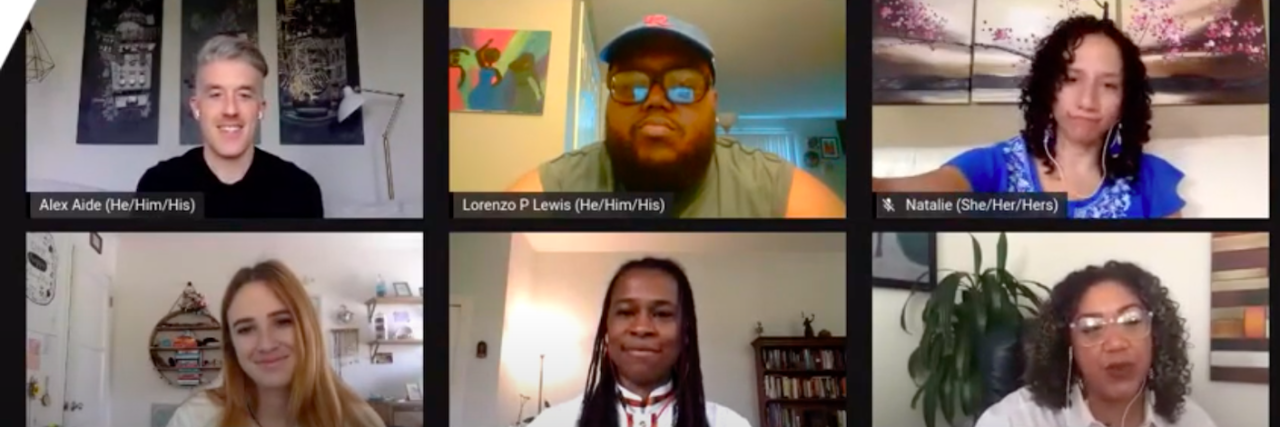What happened: Lady Gaga’s Born This Way Foundation hosted a panel conversation about the unique mental health needs of the BIPOC community and how you can step up to be there for someone who needs support. The panel is part of the organization’s conversation series discussing the mental health concerns of marginalized communities.
The Born This Way Foundation was founded by the pop icon in 2012 along with her mother, Cynthia Germanotta, to support the wellness of young people. The panelists of this conversation included:
- National Queer + Trans Therapists of Color Network’s Erica Woodland
- Performer and mental health advocate Shannon Barry
- The Confess Project’s Lorenzo Lewis
- Therapist and Decolonizing Therapy’s Dr. Jennifer Mullan
- Trauma therapist Natalie Gutierrez.
When someone has come to us wanting our support I think it’s important that we’re not minimizing their experience that we are holding space for them but also making sure that we are preventing secondary trauma within ourselves. — Natalie Gutierrez, trauma therapist
The Frontlines: According to the American Psychiatric Association, BIPOC populations often faces the same or greater mental health risks as white people, but the consequences can be more long-lasting.
- The APA said that people who are multiracial are more likely to report mental illness than any other single minority group.
- Black people report having more severe depression.
- The Human Rights Campaign noted that BIPOC people have been disproportionately affected by recent events, including the COVID-19 — shining a spotlight on the need to discuss unique mental health needs.
Get more on mental health: Sign up for our weekly mental health newsletter.
A Mighty Voice: Our contributor, Kris McElroy, explained how hard it can be for BIPOC and other marginalized communities to seek treatment when faced with a mental health condition. “Trying to find a therapist who takes my insurance, is trauma-informed, has cultural proficiency training, is LGBTQIA+ friendly and has experience across different areas of my identity is challenging. The struggle to locate equitable and supportive mental health therapy and resources as a person who belongs to multiple marginalized groups leaves me often feeling like I was made wrong.” You can submit your first person story, too.
How to participate: Want more events? Join our events group to connect with your favorite hosts & other community members by downloading our app.
Other things to know: You can help offer support by learning more about the unique barriers faced by BIPOC people when it comes to finding mental health resources. These articles are a great place to start:
- 10 Things You Should Know About Minority Mental Health
- Three Things To Know for BIPOC Mental Health Awareness Month
- Depression and Anxiety Don’t Discriminate
How to Take Action: You can watch the full panel discussion here and find more on the Conversation Series on the foundation’s Youtube Page.
Header image via Born This Way Foundation/YouTube

